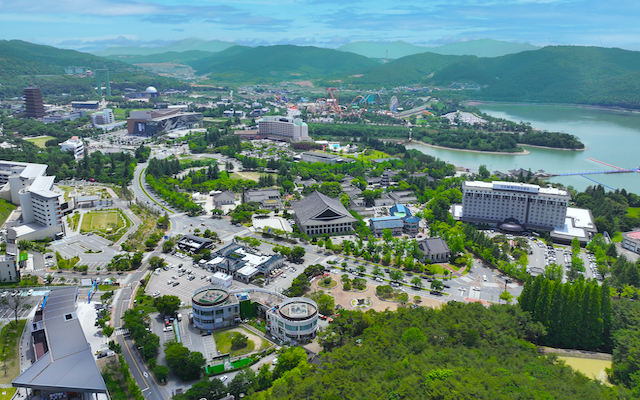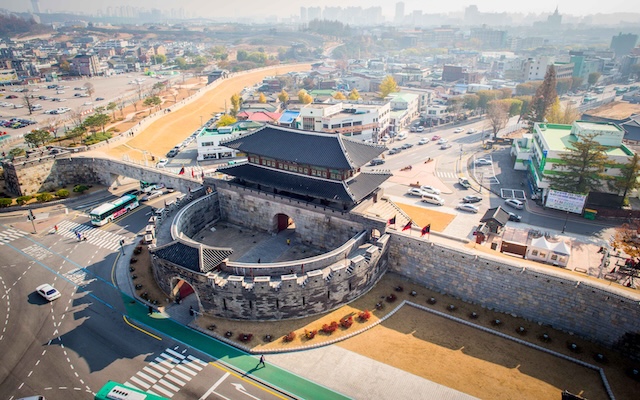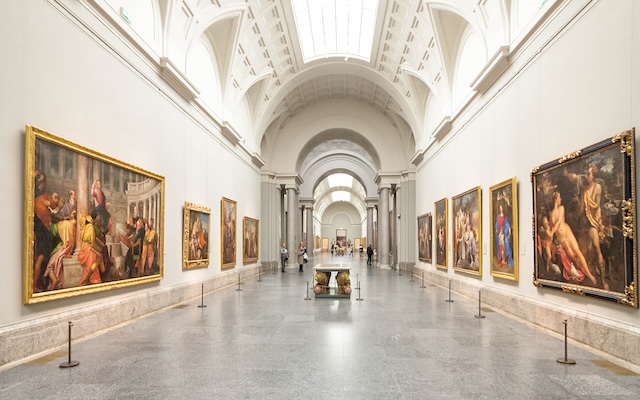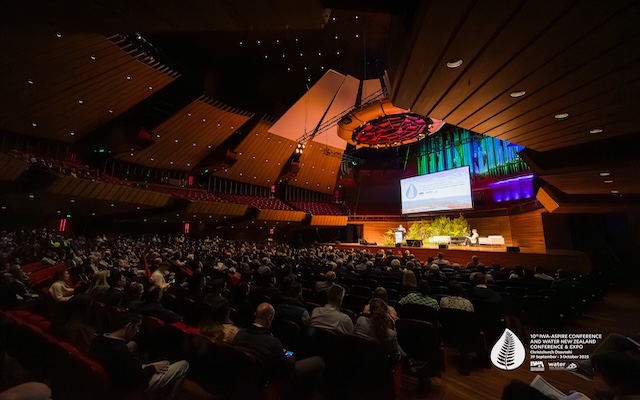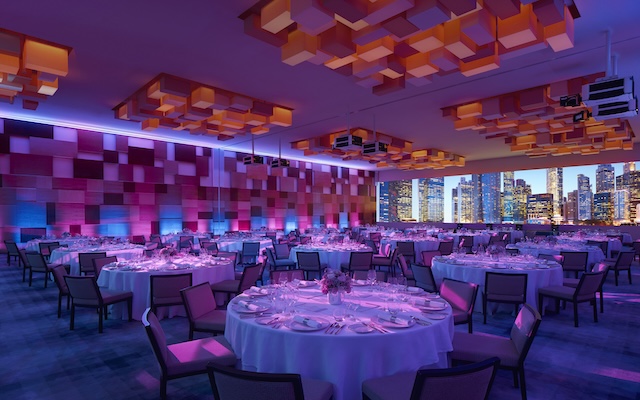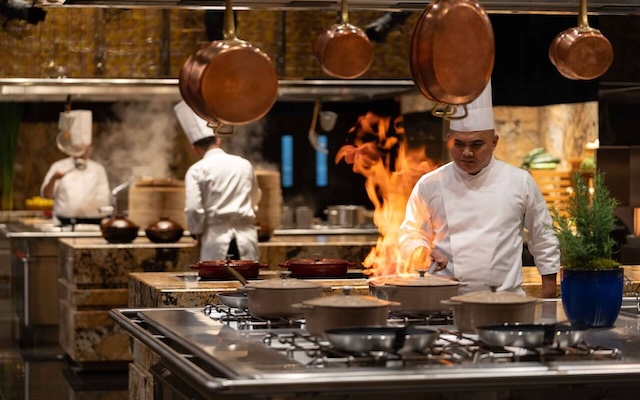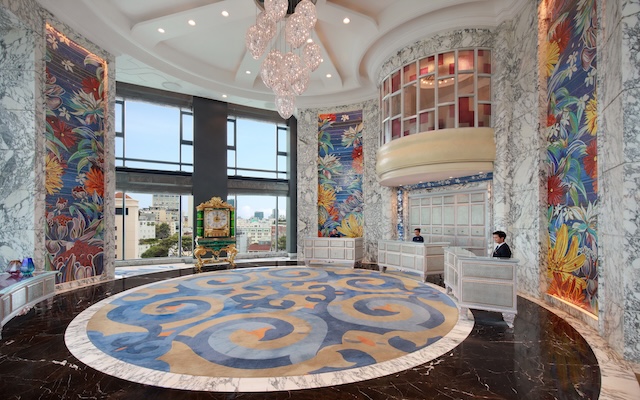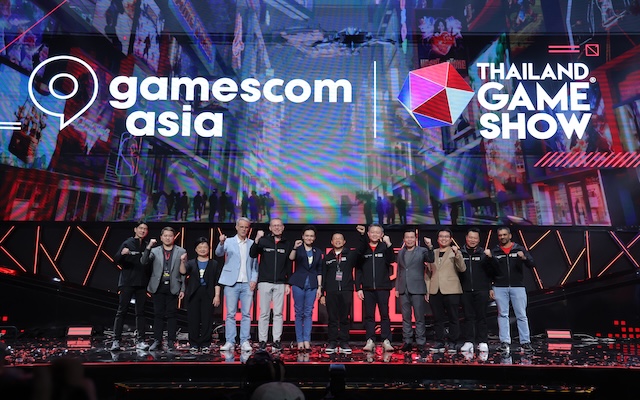Despite the recent stock market turmoil following the US tariff announcements, China pundits say Asia, the Middle East and Europe have opportunities to tap Chinese outbound business groups.
Although it is “still too early” to comment on the impact of the Trump tariffs on the industry, Julien Delerue, founder and managing partner of business events sourcing platform 1000meetings, believes there are “lots of opportunities in Asia and it is in a good position to continue to develop”.
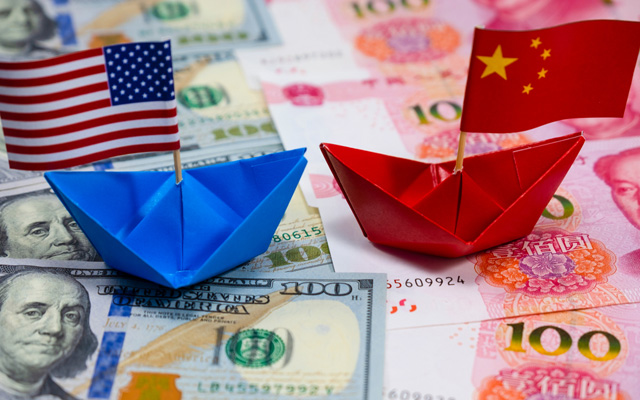
“South-east Asia is extremely friendly towards China, and with companies like EV maker BYD wanting to expand abroad, comes with it meetings, events and promotional trips.
“After lockdown, Singapore was among the first to open and was seen as safest. Now Chinese companies are going to Malaysia as they are getting morning leverage and clients see Kuala Lumpur as a good option,” he explained.
Delerue noted that its recent Kuala Lumpur showcase, organised in partnership with the Malaysia Inbound Chinese Association, attracted three to four times the number of attendees than expected and a high number of corporates and associations.
For 1000meetings, the China market is shifting with fewer incentives, and more outbound groups are “prospecting markets”.
Alexander Glos, CEO China i2i Group, told TTGmice, pre-Liberation Day, that many international brands now host events in China instead of taking Chinese delegates abroad, particularly in industries such as luxury, finance, and technology.
Chinese companies, he added, still actively participate in international trade fairs, especially in Europe.
“Germany remains a key destination, with strong Chinese participation in fairs such as ITB Berlin (travel), IAA Mobility (automotive), and Hannover Messe (industrial technology).
“Italy is another major player, particularly in fashion, manufacturing, and industrial trade fairs. Chinese exhibitors at Milan Fashion Week or Salone del Mobile (design fair) often combine business trips with luxury leisure travel. France sees similar trends, particularly around VivaTech (tech expo) and Cannes Film Festival, where Chinese companies invest in sponsorships and film industry networking events,” Glos observed.
China i2i Group is seeing rapid growth in incentive travel and a rise in high-end incentive travel, particularly to the Middle East and Europe.
Glos pointed out: “Four Seasons Madrid has reported a surge in Chinese corporate incentive groups, particularly from luxury retail, tech, and real estate companies.”
Barcelona and Catalonia Tourism have confirmed that Chinese incentive travel is growing steadily, with strong demand for luxury experiences, VIP shopping and gastronomy tours.
In the Middle East, Dubai and Abu Dhabi have seen an influx of Chinese incentive groups, particularly in luxury retail, automotive, and financial services sectors, while Saudi Arabia is aggressively marketing itself to Chinese corporations, offering business incentives and exclusive travel experiences.
As for corporate meetings and product launches, Chinese brands, particularly in tech and automotive, are hosting global product launches and sales meetings in key international markets.
Glos observed: “Chinese EV brands like BYD, NIO, and XPeng have hosted major product launches in Germany, France, and the UK, where they are expanding sales. Luxury automotive events are increasingly held in the UAE and Saudi Arabia, reflecting China’s growing presence in the Middle East market.”
On the technology and AI front, Alibaba Cloud, Huawei, and TikTok parent company ByteDance have all hosted major events in Europe and the Middle East in the past year, he pointed out.
Wolfgang Arlt, founder and CEO of COTRI China Outbound Tourism Research Institute observed that exhibitions are getting less relevant, and what works better is a conference-plus format.
“Everything with real-body networking will go up,” he added.
He opined that Chinese businesses that are facing less enthusiastic business partners abroad, higher costs and geopolitics, should “downsize”.





